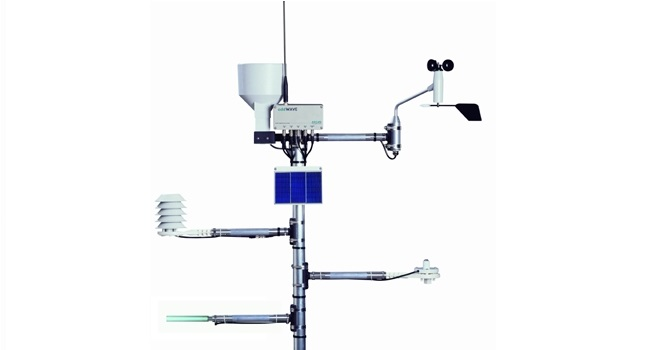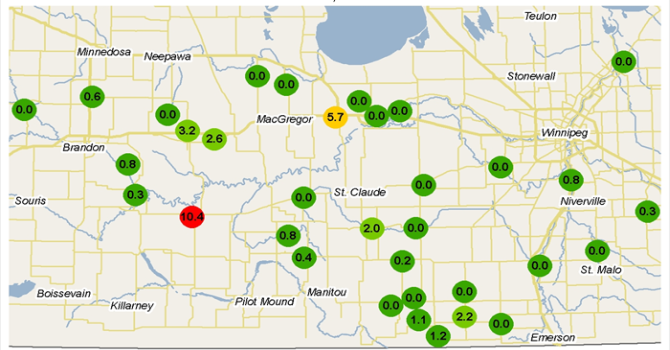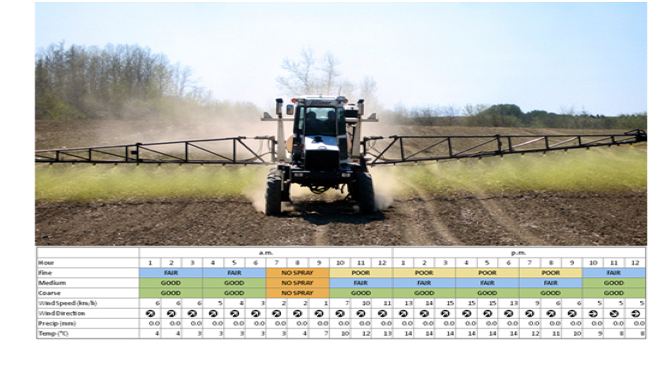Jul 15, 2015 - Potato Disease Report #6
Dr. Vikram Bisht
Potato & Horticultural Crops, Manitoba Agriculture, Foods and Rural Development
Late blight has been reported in Ontario, and sample has been sent for strain identification. There is no late blight report in Manitoba, yet.
The crops in general are doing well, with good soil moisture and temperatures. The rows have closed in most crops and in some cases the crops are settling down. Within crop moisture is currently high.
The late blight risk is getting close to 18, the threshold for high risk, in many sites across the province. Once the total DSV accumulation exceeds 18, the 7-day change in DSV is more important. A 7-day change of 0-3 is considered low risk, a change of 4-8 is moderate risk, and a change of 9 or more is high risk.
With scattered thunderstorms in the last few days throughout the province, and hail damage (minor to severe) in some areas – Roseisle-Miami area and recently Carberry area, it is important to keep up with fungicide protection. Use of systemic (translaminar) fungicides along with a protectant fungicide will be a good strategy to stay ahead of the late blight disease. Cymoxanil containing fungicides are reported to have "kick-back". More rains are forecast in the coming few days, so it is important to find a window for spraying before rains and consider rain-fast character of the products being considered.
Scouting for late blight in fields and home garden potato and tomato plants is critical now that the weather is going to be wet for quite a few days. Cull piles have been taken care of in many places; with a few exceptions of piles with plants growing still seen near storages. A contact desiccant (e.g. diquat/ paraquat) should be used on these plants; glyphosate will not work for fully grown plants.
Early blight disease – almost non-existent in most RB fields. Early varieties and some table stock are showing some spots. One field with boscalid spray is showing some early blight spotting; isolate will be tested for boscalid resistance. Currently, the level of early blight spotting is extremely low in most fields.





